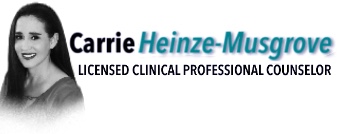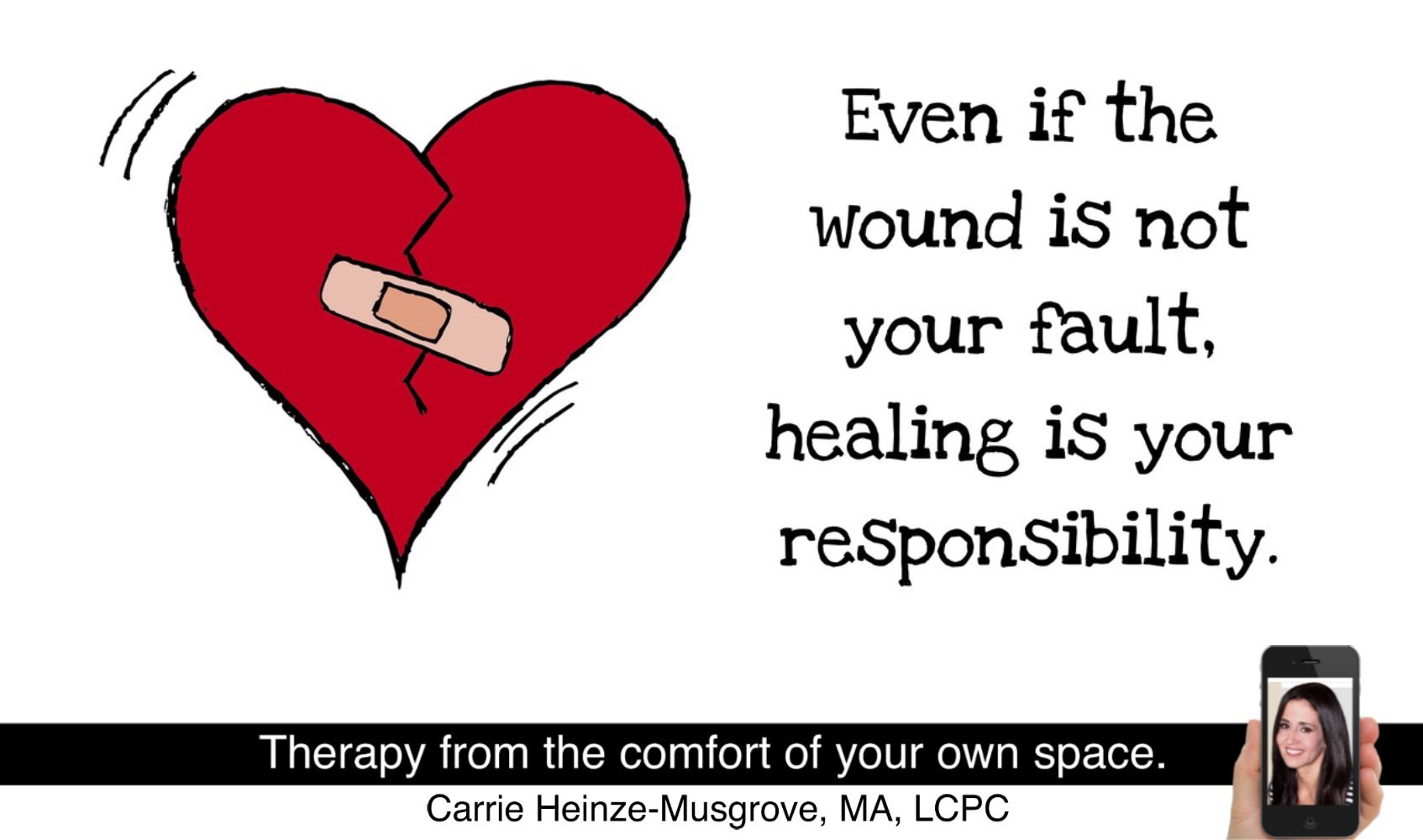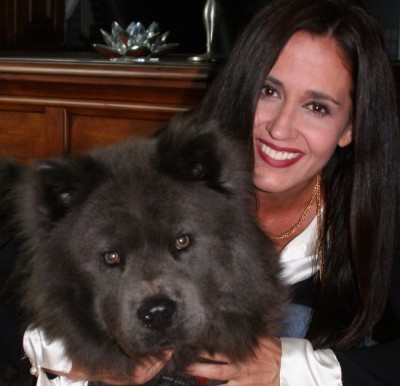If you have ever been the victim of any kind of traumatic event or on the receiving end of being deeply hurt, you know it can be extremely difficult to navigate your way through the pain. You’ve most likely already had to fight your way through a sea of fear, shame, guilt, crippling self-doubt and blame.
Placing blame is one way we release our anger, discomfort and pain. If we believe we’re not at fault for the incident, we use blame as a defense mechanism. Blaming someone else can justify how we feel or convince us we feel like this because of what the other person did. It’s not our fault we feel this way…it’s their fault.
If we believe we are at fault, then we blame to deflect. Deflection is a commonly deployed tool to avoid digging too deeply into the pain. It also perpetuates a vicious cycle of remorse and self-loathing. In either case, we use blame to protect ourselves by pointing the finger elsewhere which interferes with healing and addressing the TRUE problem.
It doesn’t mean what happened to you was fair or just. It doesn’t mean that you deserved this treatment. It doesn’t mean you are content with what happened. Nor does it mean you aren’t entitled to feel all of the feelings that come as a result of the hurt and trauma.
You see, it’s not about placing blame at all. It’s about releasing yourself from the prison of those core beliefs that don’t serve you. Placing blame won’t do that, but it often it gives you a perfect excuse not to make an effort to change.
Whether we blame others or ourselves, blaming only keeps people stuck in angry, anxious and depressed feelings. At the same time, it interferes with our ability to think about what we could do to make life different. So what’s is the single most important thing any of us can do to heal the wound?
Take responsibility.
The only way to regain our freedom is to become responsible. Taking full responsibility of your emotions will help you better manage them.
How?
Taking responsibility for your pain means that you recognize that no one else is capable of healing yourself other than you. When you stop blaming yourself or others, it allows you to focus on what truly counts: how to change.
Therapy teaches you how to take personal accountability and ownership in your healing. But, you have to make this about you, and no one else.
If you are stuck in a cycle of behavior that keeps delivering the very same results you’re trying to escape, I offer one-on-one therapy sessions to assist you with this very thing.
Contact me at www.carrienet.com/contact to begin.
Carrie







This is good advice. You are so right
Thank you Sherr!